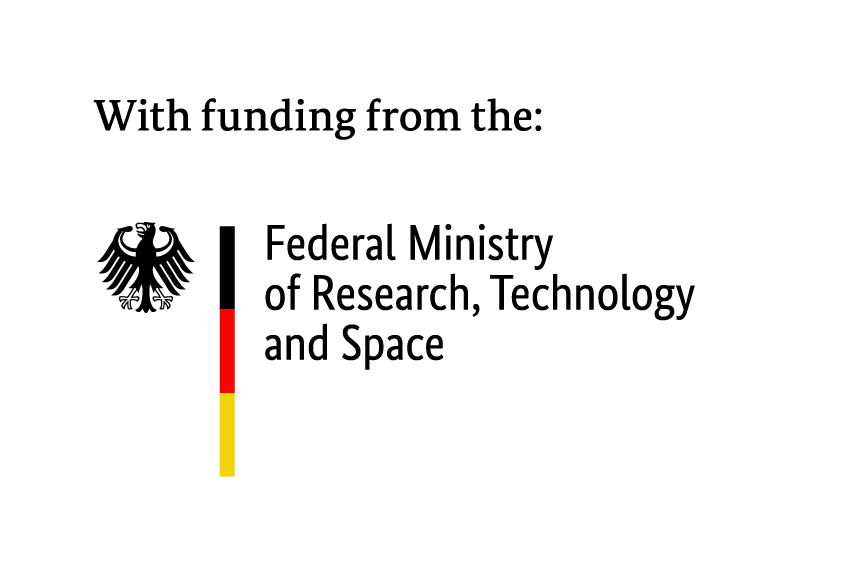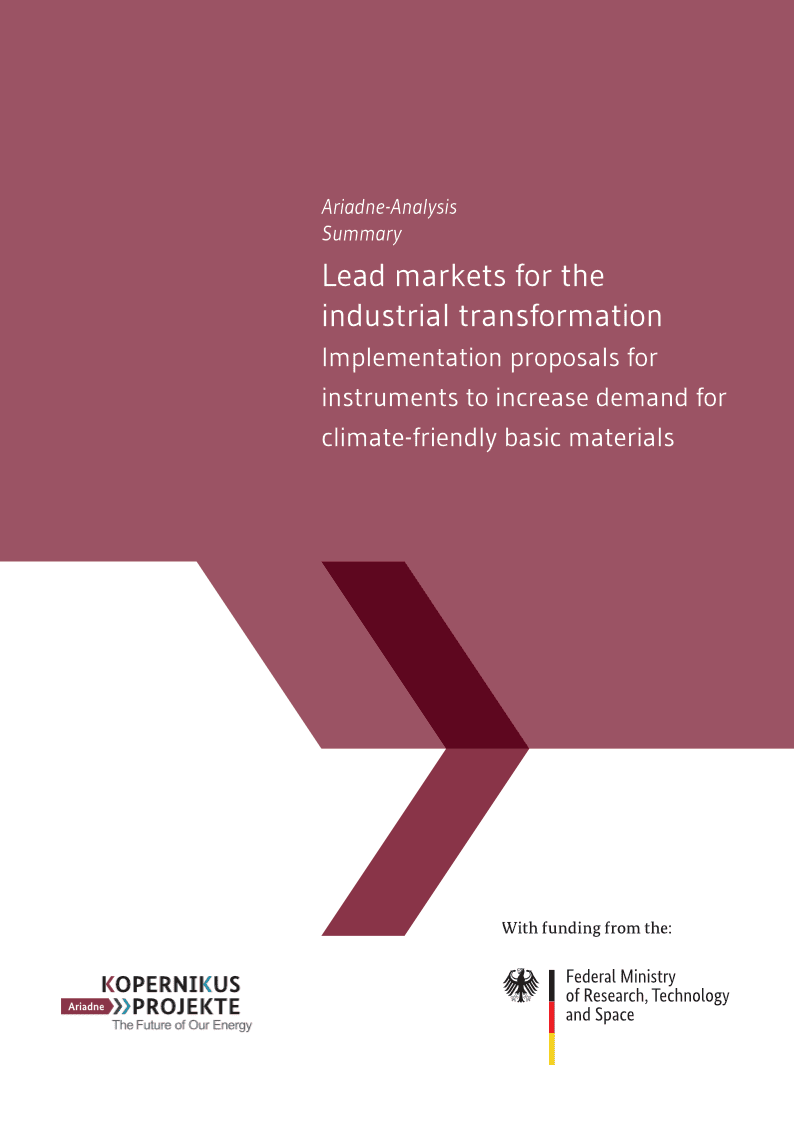
Analysis: Lead markets for the industrial transformation – Implementation proposals for instruments to increase demand for climate-friendly basic materials (Summary)
Lead markets, in which climate-friendly basic materials are purchased despite higher costs due to their product property, can complement the existing policy mix for a competitive and climate-neutral industry.

Analysis: Real-world Fuel Consumption and Potential Future Regulation of Plug-In Hybrid Electric Vehicles in Europe – An Empirical Analysis of about one Million Vehicles
Actual real-world fuel consumption of Plug-In Hybrid Electric Vehicle (PHEV) in Europe slightly increased to around 6.0 to 6.2 l/100 km between the registration years 2021 and 2023 for both gasoline and diesel PHEVs. At the same time, type-approval fuel ...
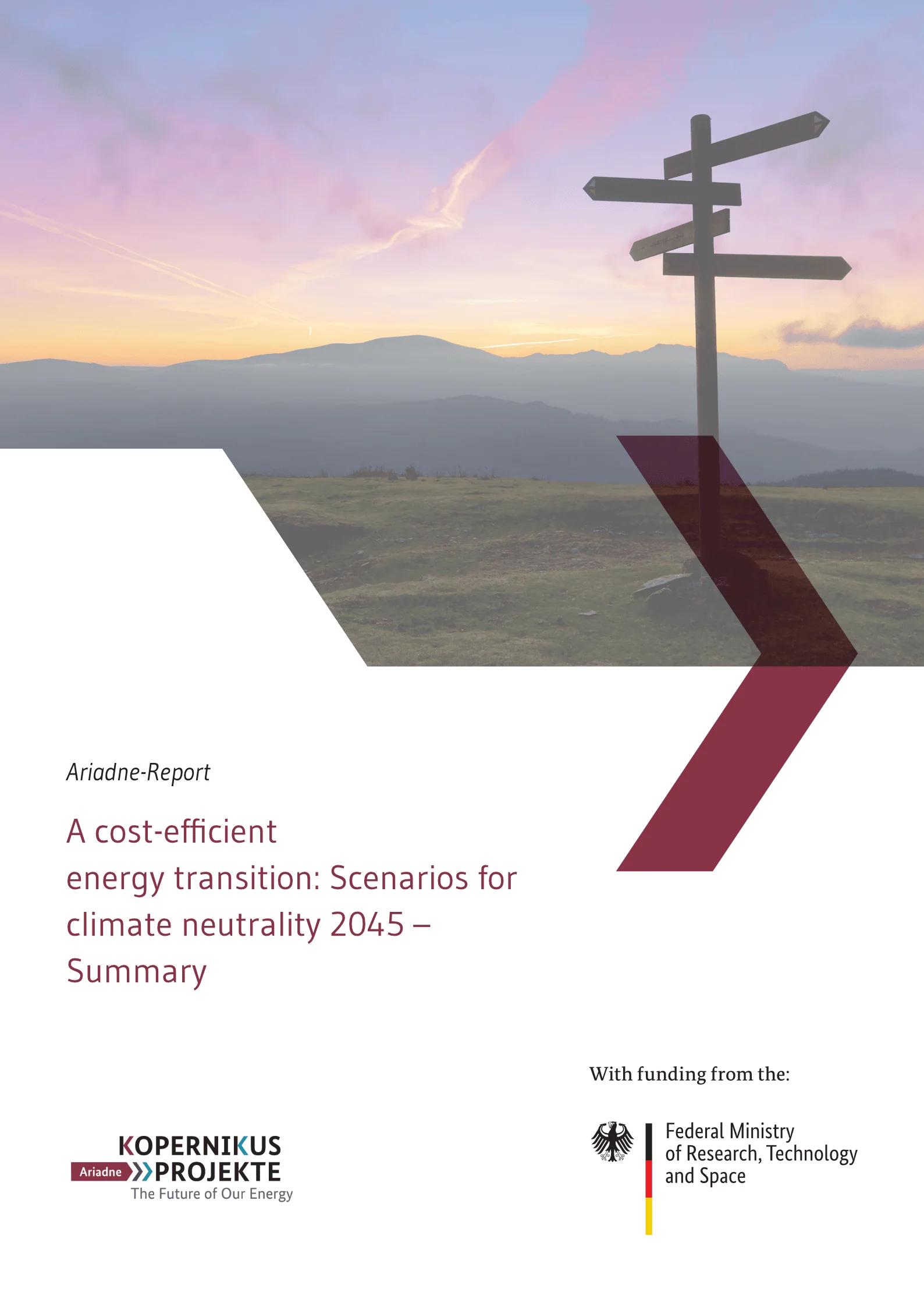
Report: A cost-efficient energy transition: Scenarios for climate neutrality 2045 – Summary
Summary Climate change is not slowing down. In 2024, two significant records were set: for the first time, the global mean temperature exceeded +1.5 °C above pre-industrial levels (Copernicus Climate Change Service, 2024), and global CO2 emissions reached a new ...
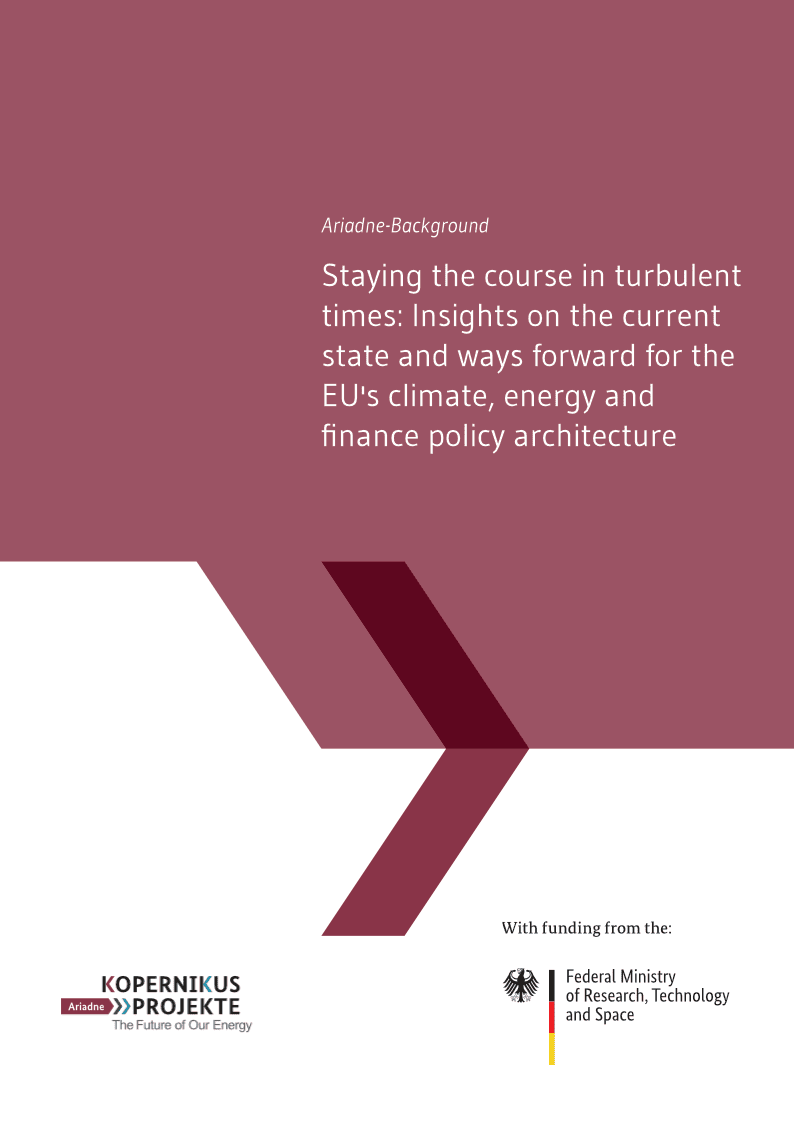
Background: Staying the course in turbulent times – Insights on the current state and ways forward for the EU’s climate, energy and finance policy architecture
With the Fit for 55-package, the EU increased the ambition level of its energy and climate targets for 2030. The targets reflect the EU’s commitment towards an energy system transformation - or, in fact, the transformation of the entire ...
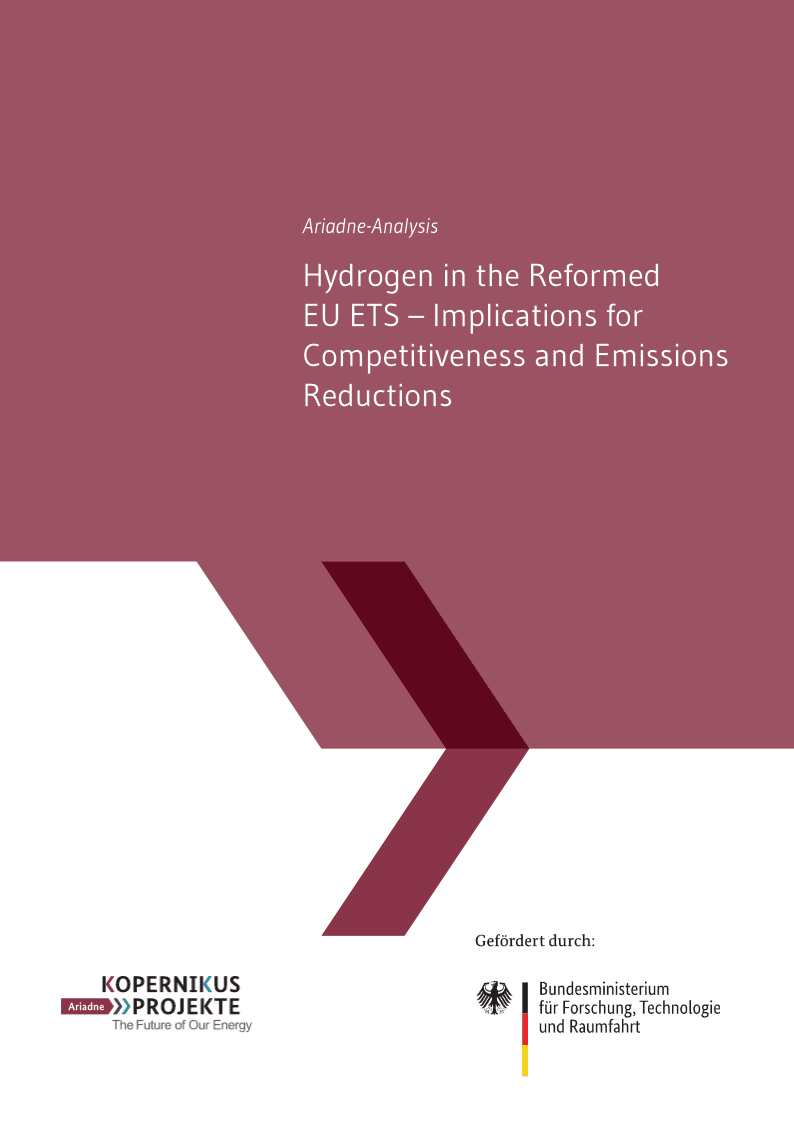
Ariadne-Analysis: Hydrogen in the Reformed EU ETS – Implications for Competitiveness and Emissions Reductions
The use of renewable hydrogen is considered an important element for the decarbonization of sectors that are hard to electrify, such as the steel and chemical industry or aviation (European Commission 2020, Ferrario et al. 2022). However, the volume ...
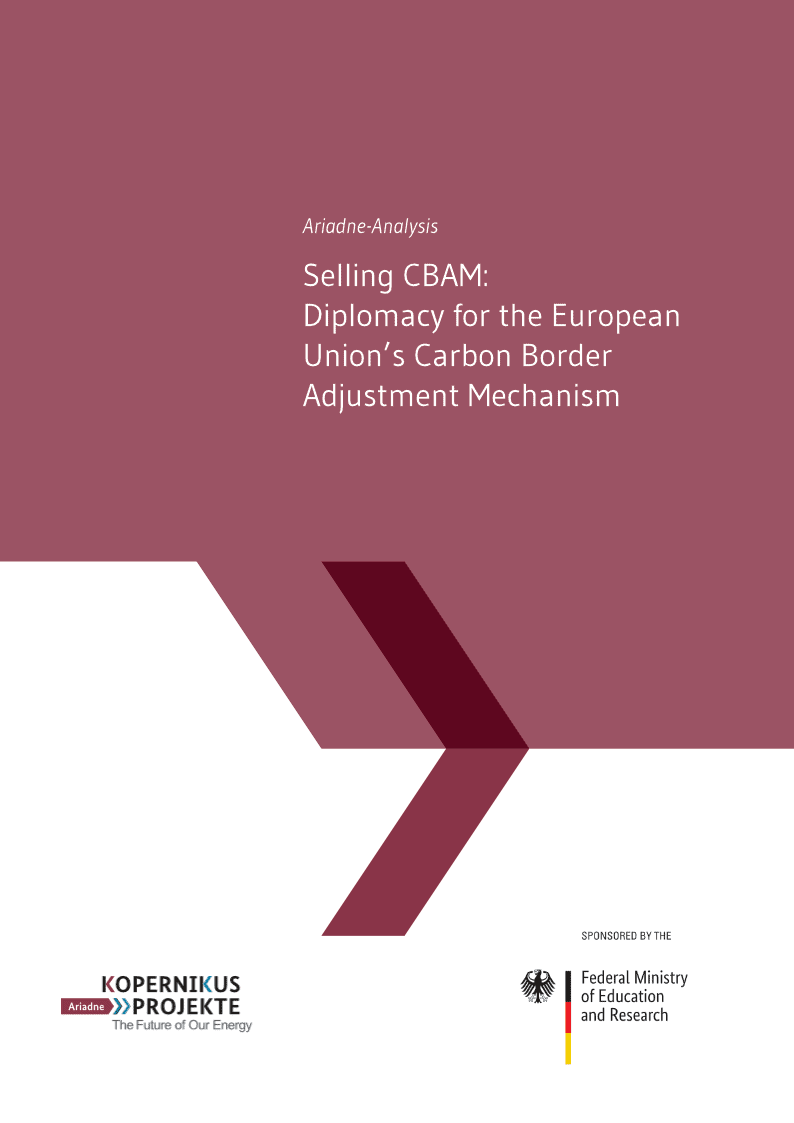
Analysis: Selling CBAM – Diplomacy for the European Union’s Carbon Border Adjustment Mechanism
The analysis addresses the question of how the EU’s key institutions understood their diplomatic role with regard to the Carbon Border Adjustment Mechanism. Which EU institutions communicated with third coun-tries? What channels did they use? Who was taking the ...
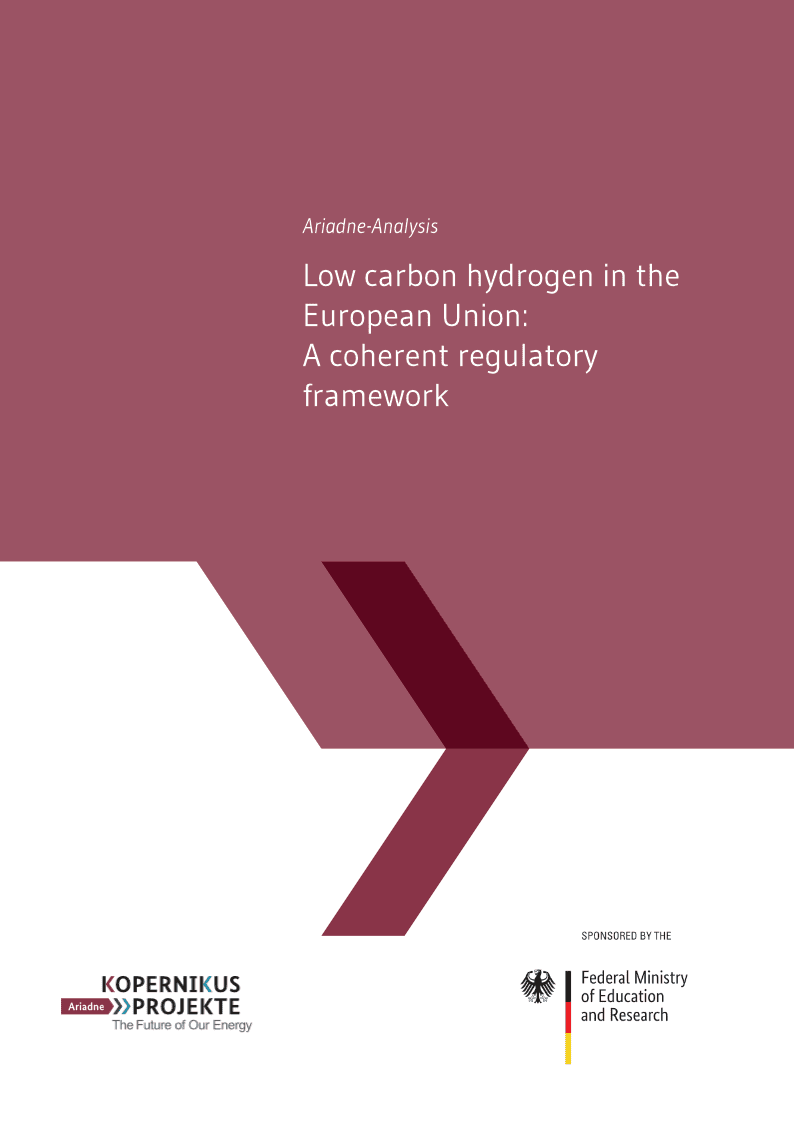
Analysis: Low carbon hydrogen in the European Union – A coherent regulatory framework
Renewable hydrogen is necessary for the decarbonization of sectors that are difficult to electrify, such as industry and aviation, and as a storage medium for surplus electricity from renewable sources. In this context, the following analysis of the EU ...
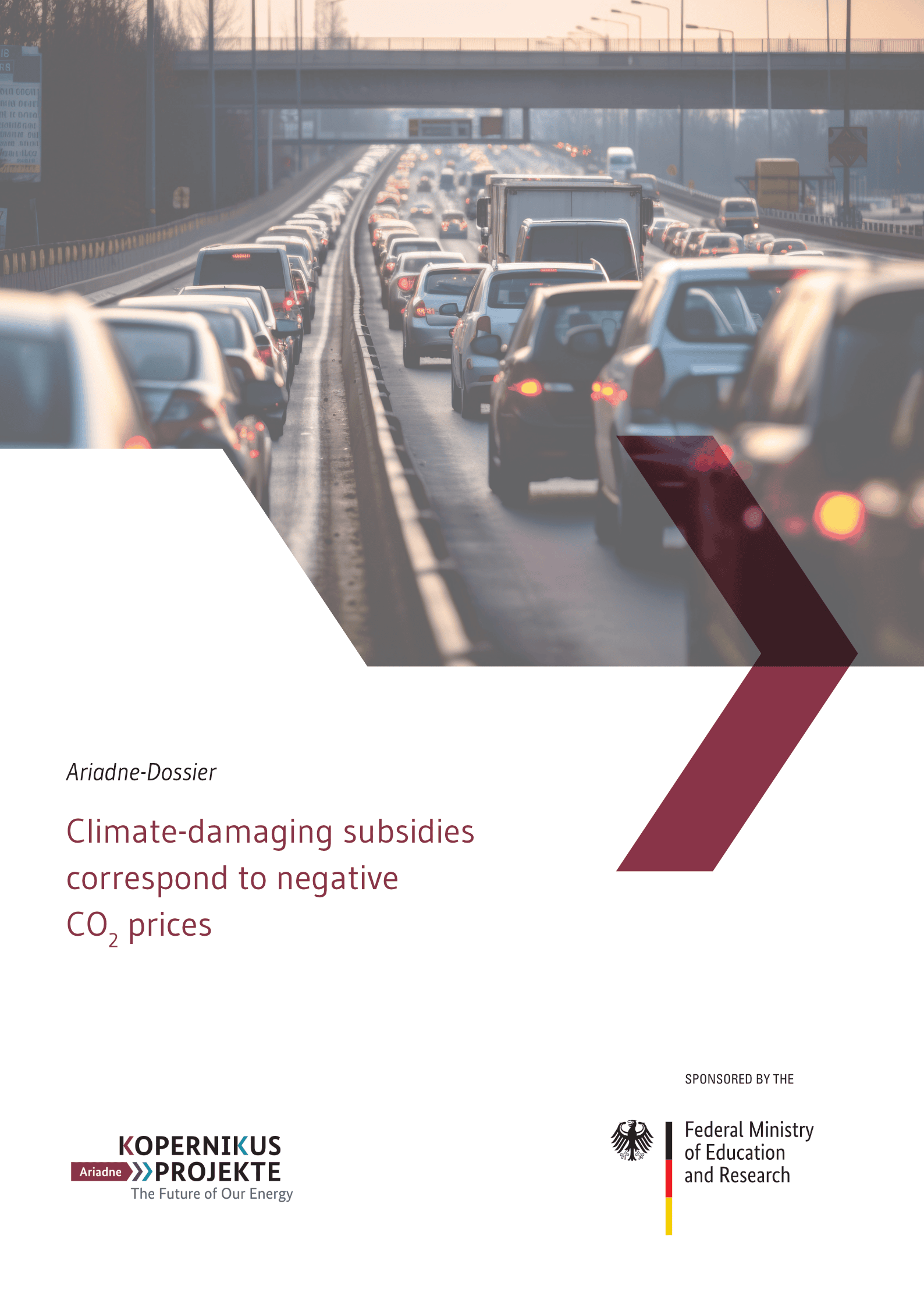
Dossier: Climate-damaging subsidies correspond to negative CO2 prices
The aim of this dossier is to convert the significant level of subsidies in the transport sector into negative CO2 prices; this contributes to the political discourse by categorising the climate policy significance of the subsidies. The implicit negative ...
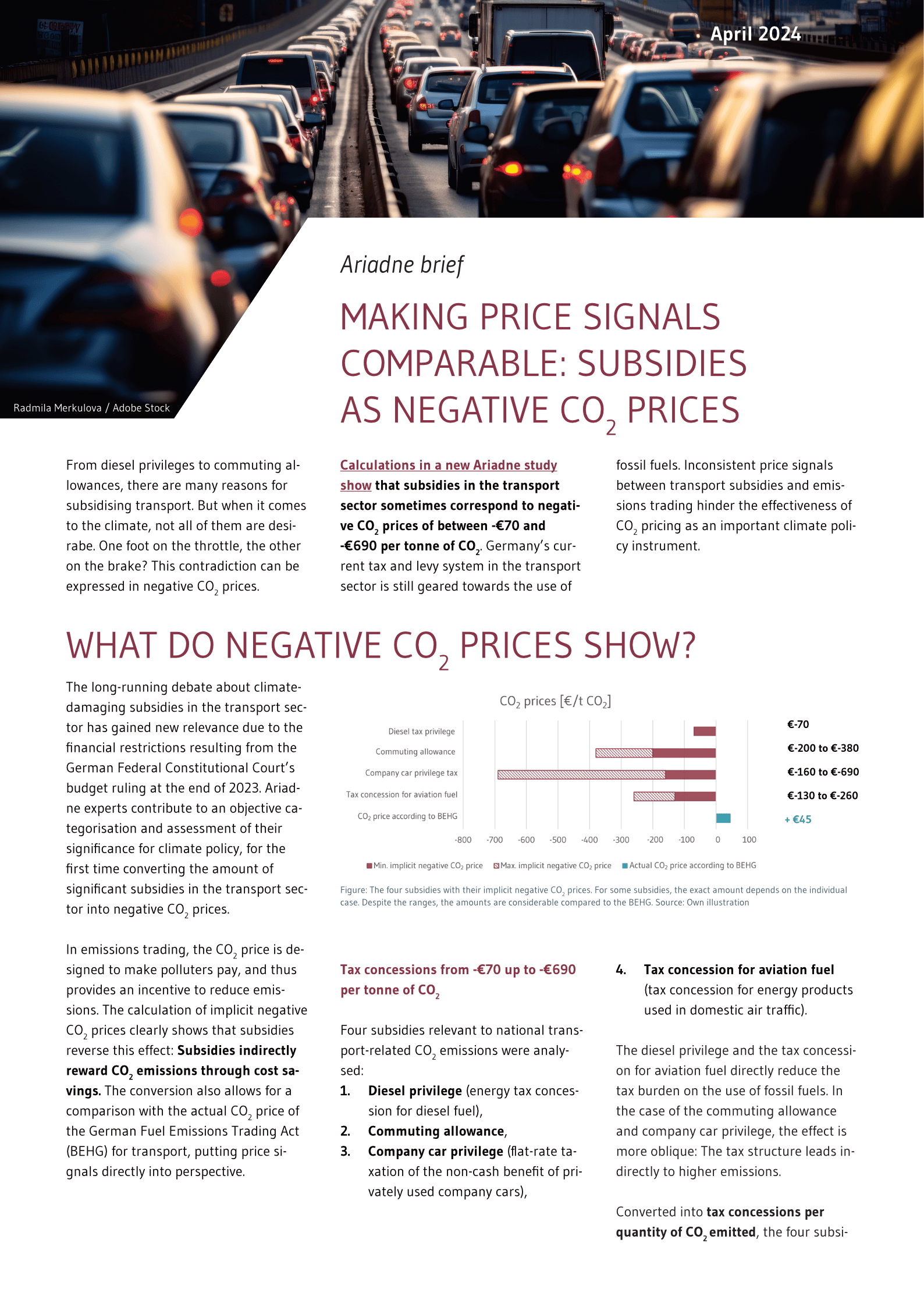
Brief: Making price signals comparable – subsidies as negative CO2 prices
Calculations in a new Ariadne study show that subsidies in the transport sector sometimes correspond to negative CO2 prices of between -€70 and -€690 per tonne of CO2. Germany’s current tax and levy system in the transport sector is ...
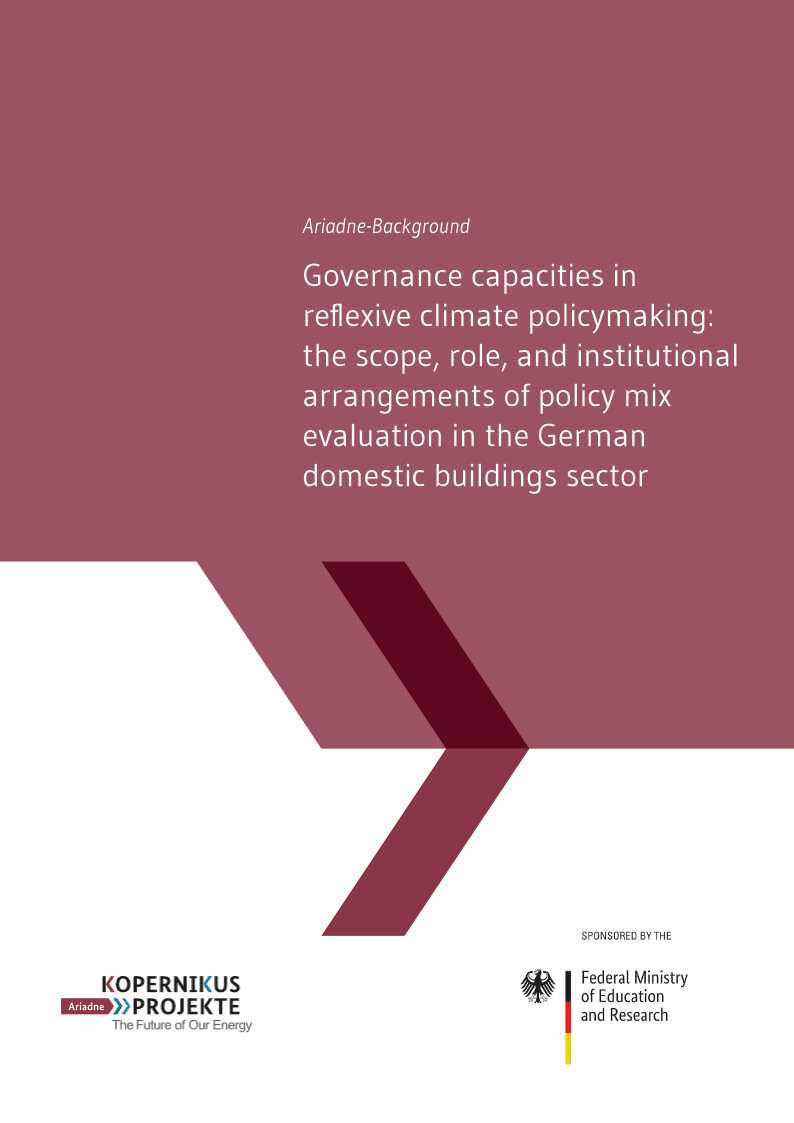
Background: Governance capacities in reflexive climate policymaking: the scope, role, and institutional arrangements of policy mix evaluation in the German domestic buildings sector
In this research, we are interested in the governance of the building sector and the role of evaluation climate policy making : the government-mandated processes used to evaluate policy in terms of the actors, organisations and ministries involved in ...
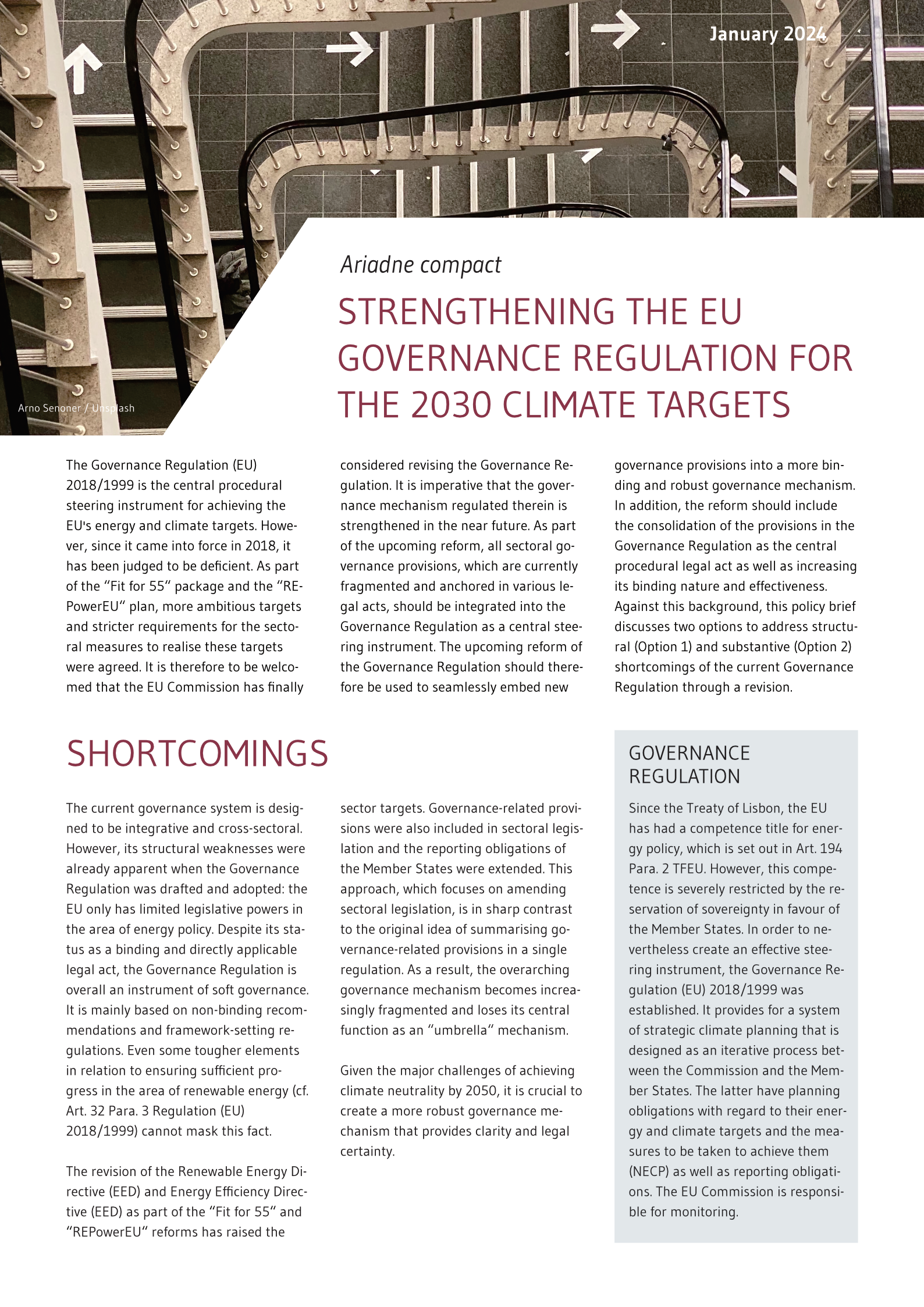
Ariadne brief: Strengthening the EU Governance Regulation for the 2030 climate targets
The Governance Regulation (EU) 2018/1999 is the central procedural steering instrument for achieving the EU's energy and climate targets. However, since it came into force in 2018, it has been judged to be deficient. As part of the “Fit ...
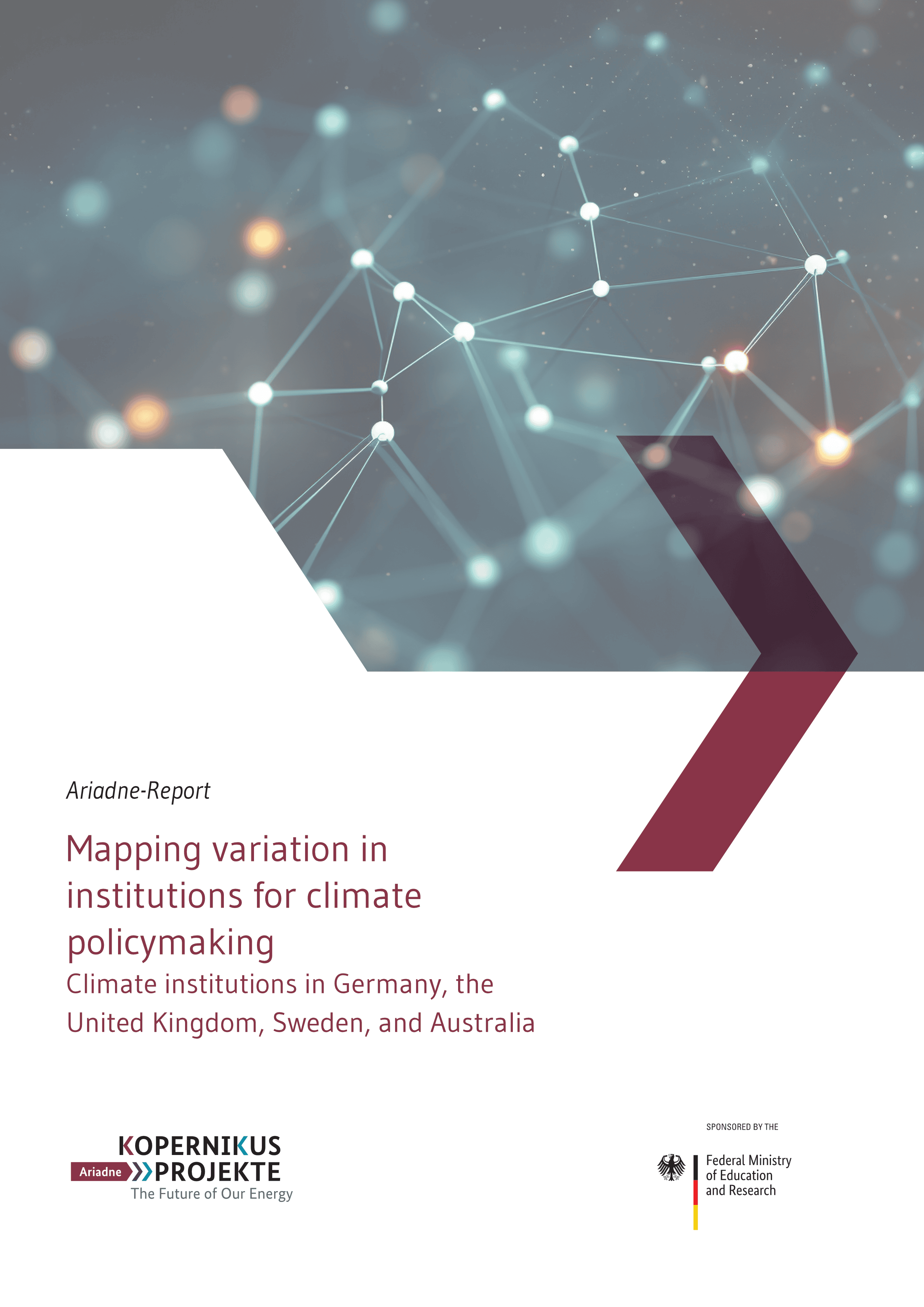
Report: Mapping variation in institutions for climate policymaking – Climate institutions in Germany, the United Kingdom, Sweden, and Australia
This report seeks to answer three research questions. First, what are climate institutions and how can we characterise them across countries? Second, what effects do climate institutions have on climate policymaking? Third, based on these findings, what lessons can ...
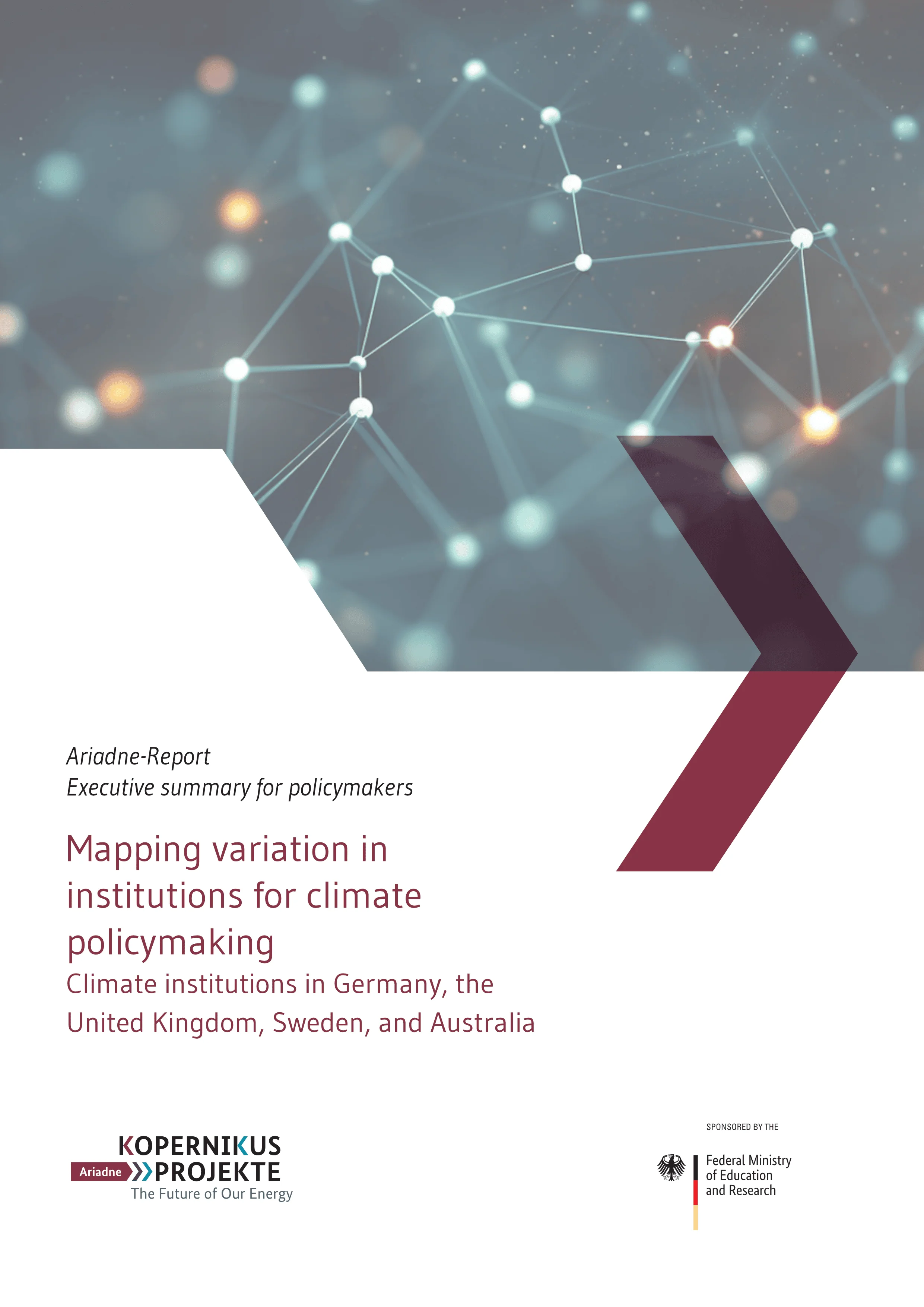
Executive summary for policymakers: Mapping variation in institutions for climate policymaking – Climate institutions in Germany, the United Kingdom, Sweden, and Australia
This report seeks to answer three research questions. First, what are climate institutions and how can we characterise them across countries? Second, what effects do climate institutions have on climate policymaking? Third, in light of these findings, what insights ...
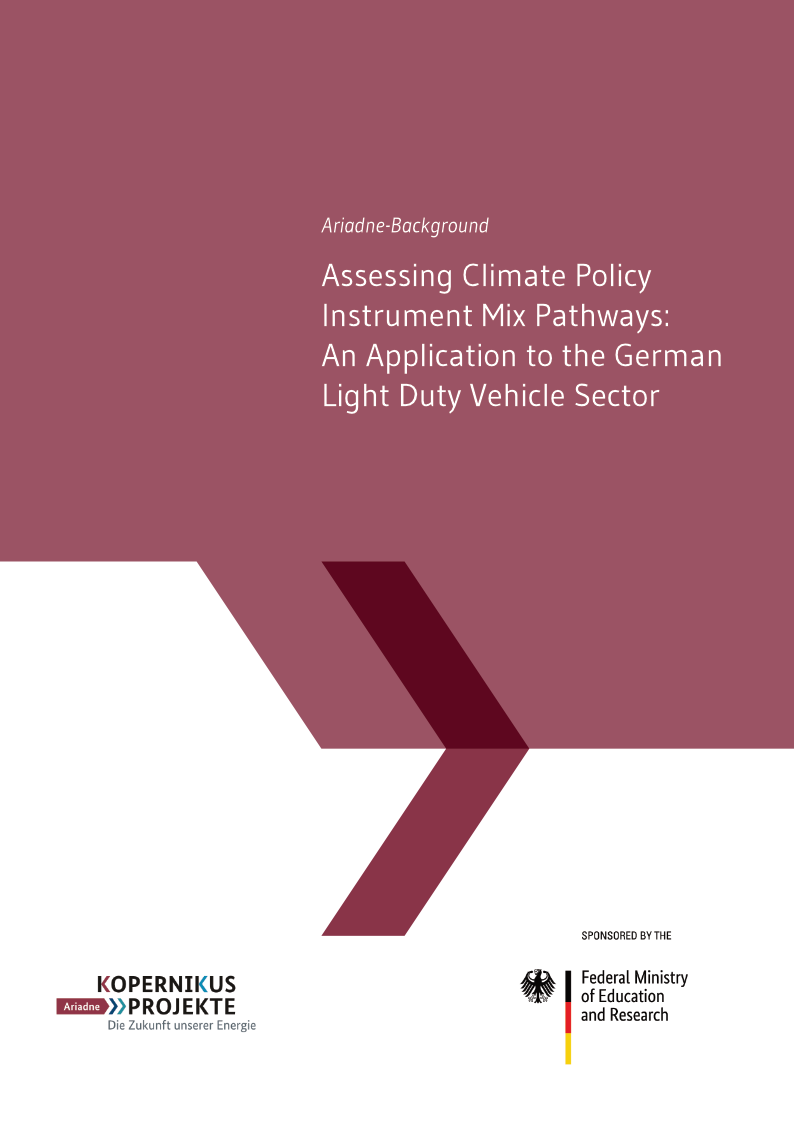
Background: Assessing Climate Policy Instrument Pathways – An Application to the German Light Duty Vehicle Sector
We introduce and test a novel design and assessment framework for climate policy mix pathways and use it to construct and assess alternative policy pathways offering increased ambition of Greenhouse Gas (GHG) abatement in Germany’s light duty vehicle (LDV) ...
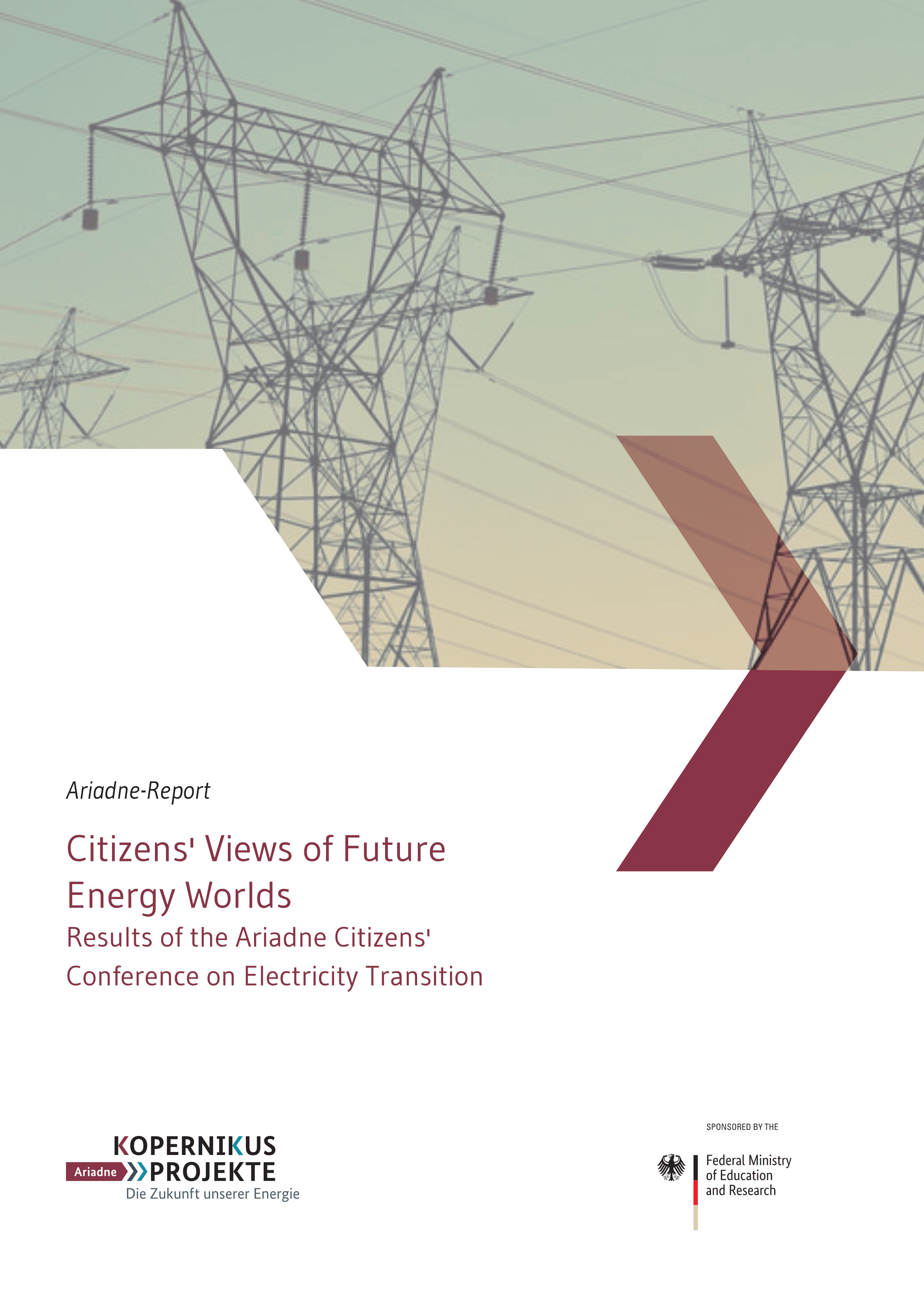
Report: Citizen’s Views of Future Energy Worlds – Results of the Ariadne Citizen’s Conference on Electricity Transition
The Ariadne project is shaping a learning process between science, politics, business and civil society in order to provide a broad knowledge base for decisions on the energy transition. Since the beginning of the project, researchers have been working ...
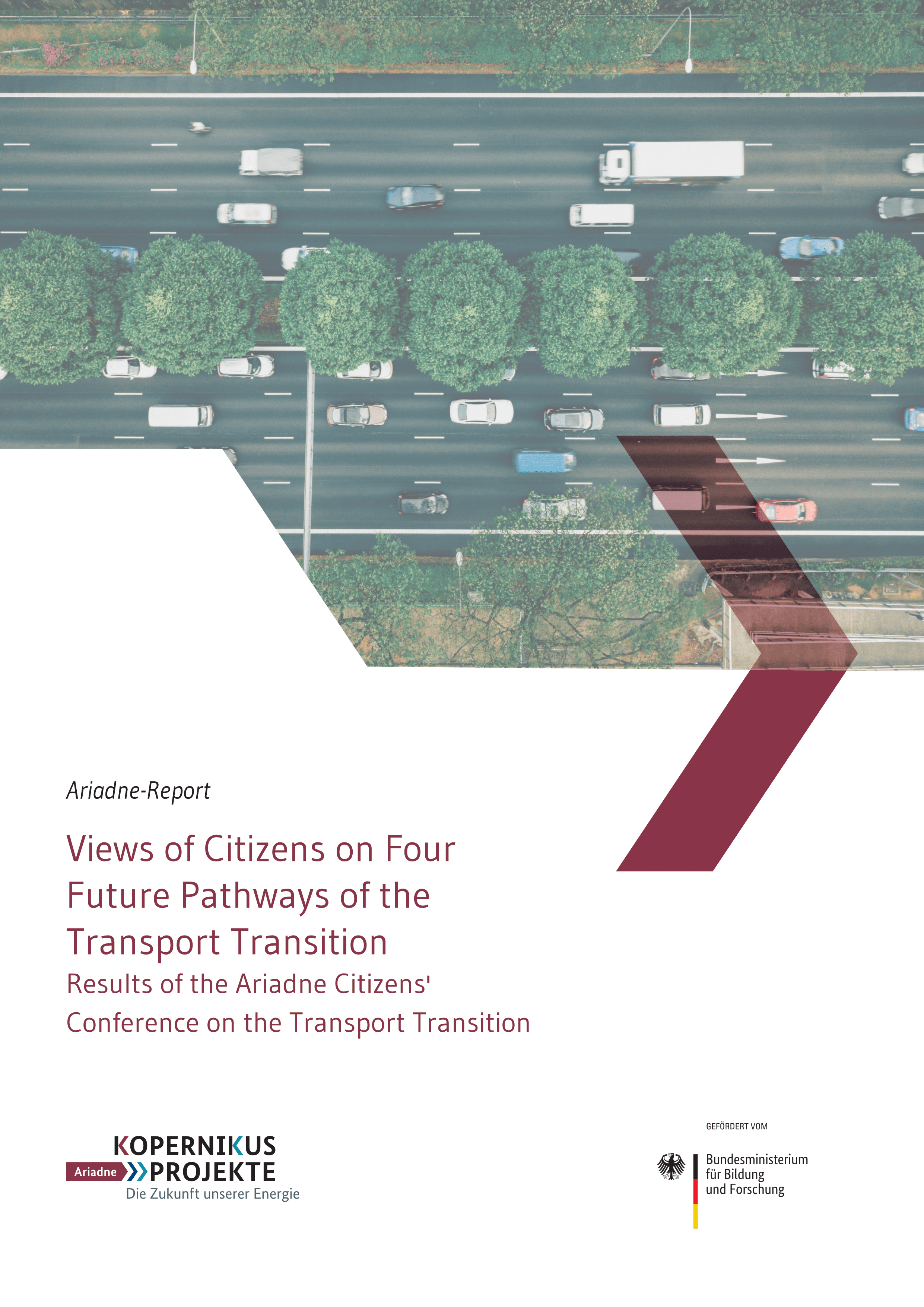
Report: Views of Citizens on Four Future Pathways of the Transport Transition – Results of the Ariadne Citizens’ Conference on the Transport Transition
The Ariadne Kopernikus project is shaping a learning process between science, politics, business and civil society in order to provide a broad knowledge base for decisions on the energy transition. Since the beginning of the project, researchers have been ...
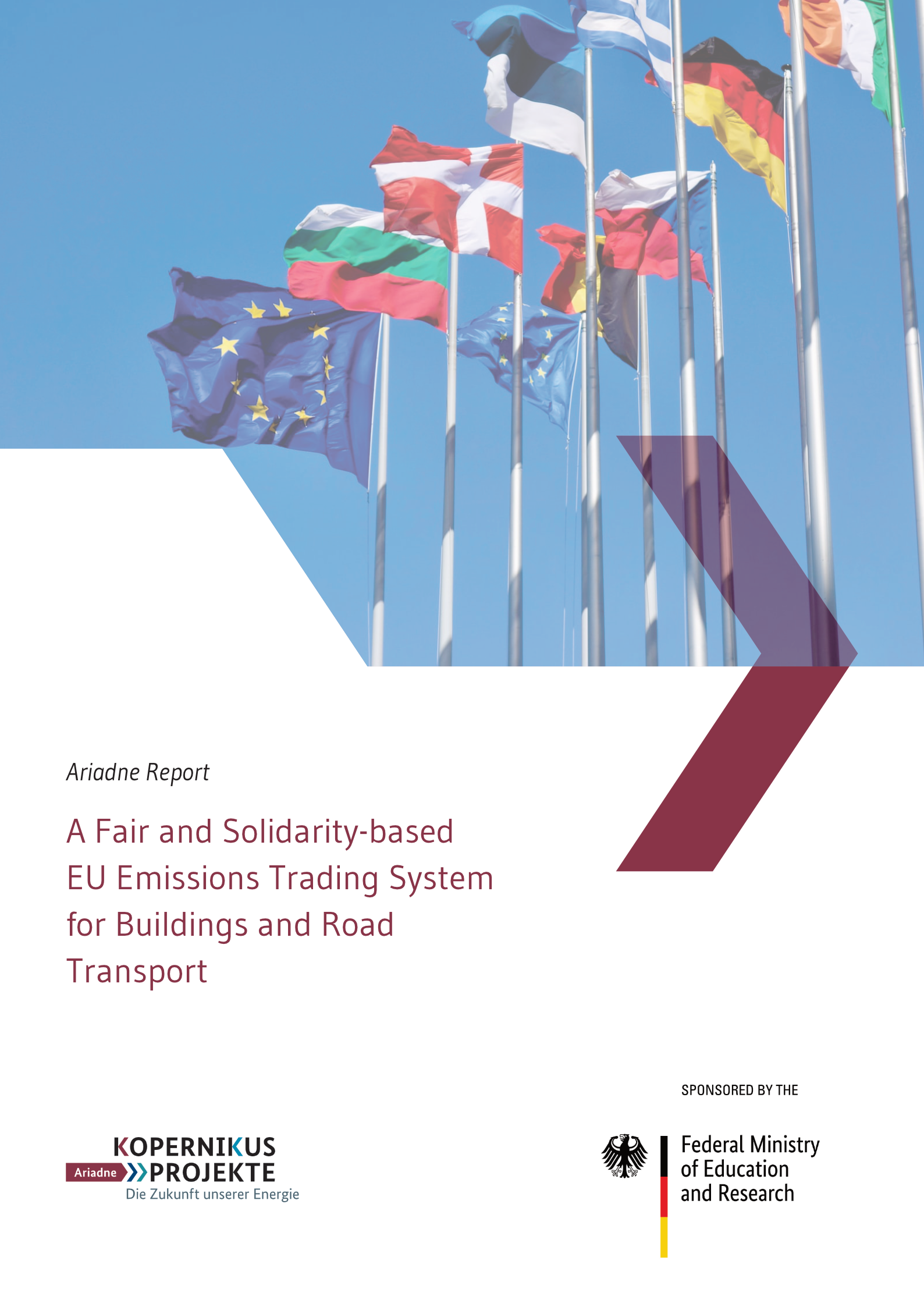
Report: A Fair and Solidarity-based EU Emissions Trading System for Buildings and Road Transport
The new emissions trading system for buildings and road transport – the socalled ETS2 – proposed as part of the Fit for 55 package is key for decarbonising these two sectors. It will oblige fuel suppliers to obtain emission ...
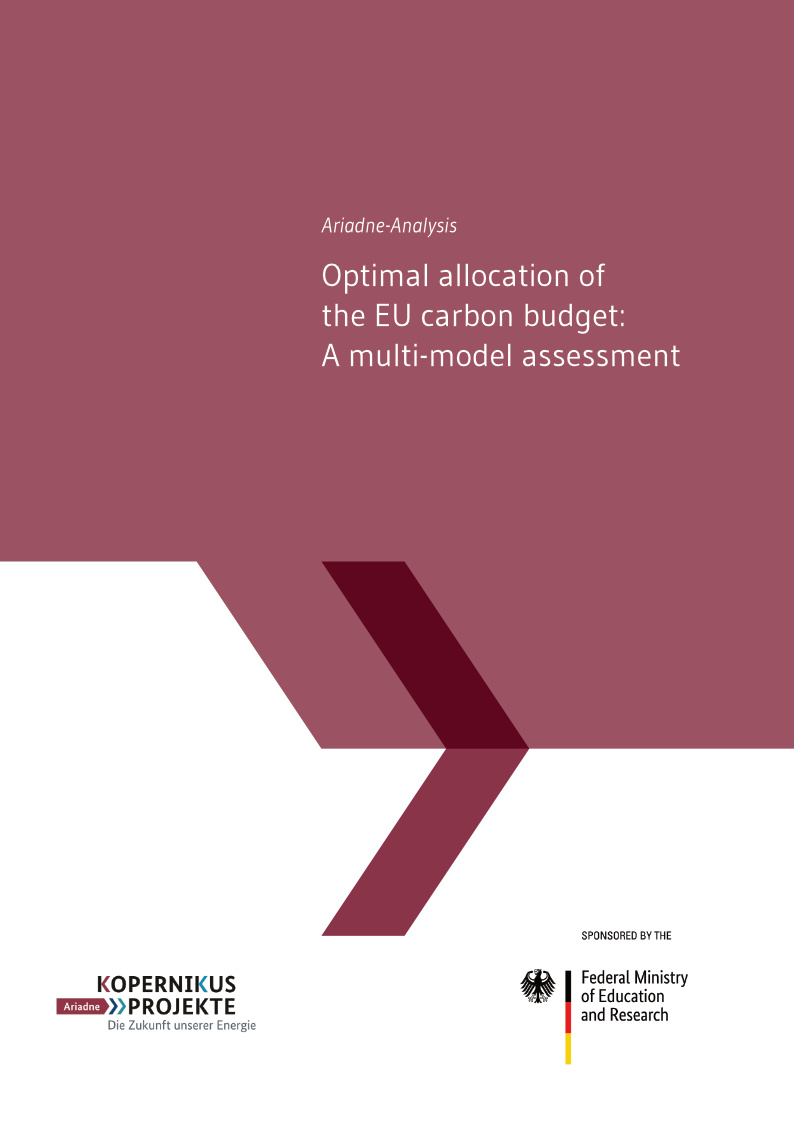
Analysis: Optimal allocation of the EU carbon budget – A multi-model assessment
Currently, a central debate within the EU institutions concerns the introduction of a new Emission Trading System for road transport and buildings (ETS2) in addition to the current EU ETS. Contested design features are the split of the carbon ...
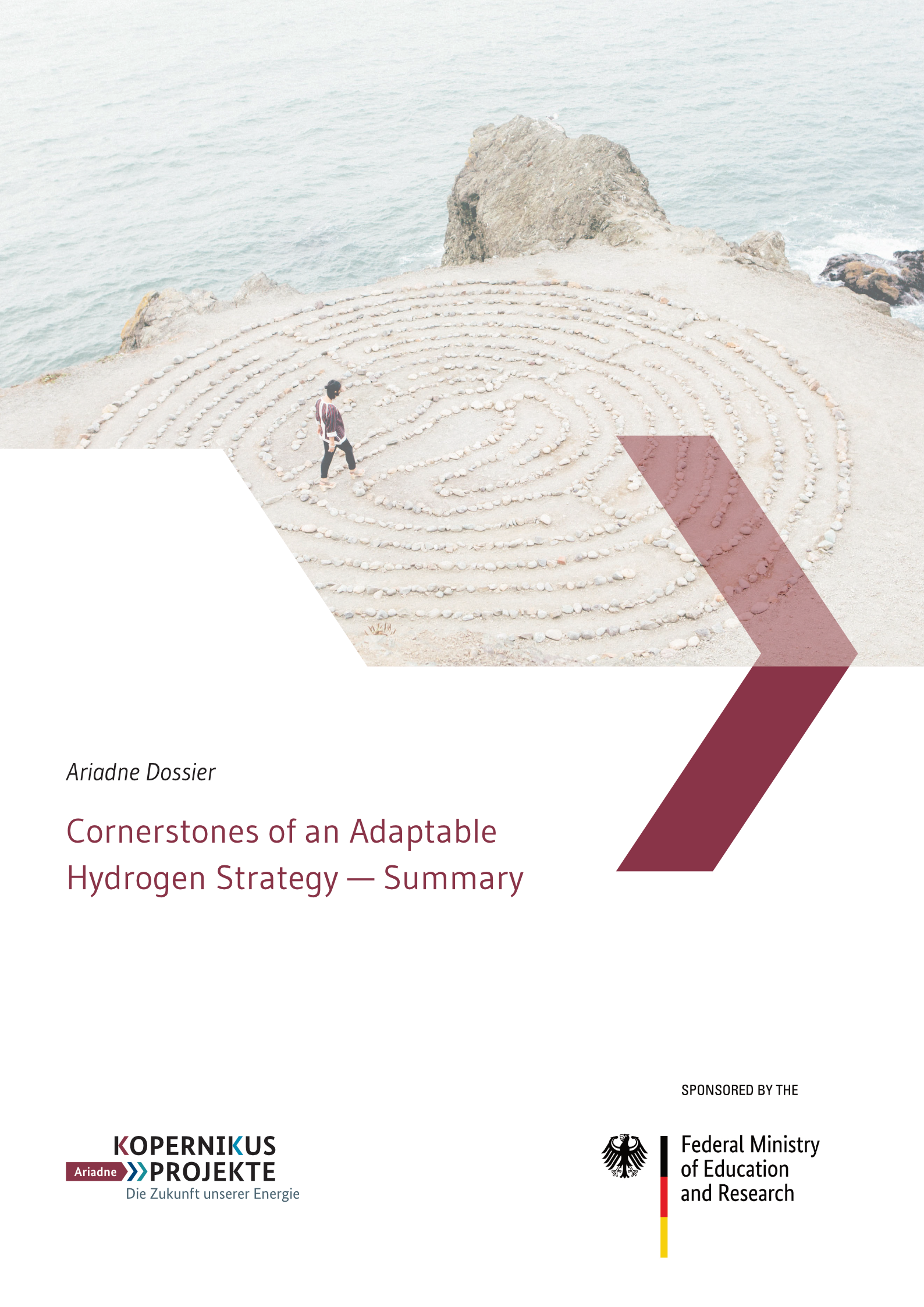
Dossier: Cornerstones of an Adaptable Hydrogen Strategy — Summary
Green hydrogen and e-fuels are undoubtedly necessary for Germany's course toward climate neutrality in 2045. Unlike renewable electricity from wind and sun, however, we have not yet made any practical use of these energy sources. In the debate, therefore, ...

